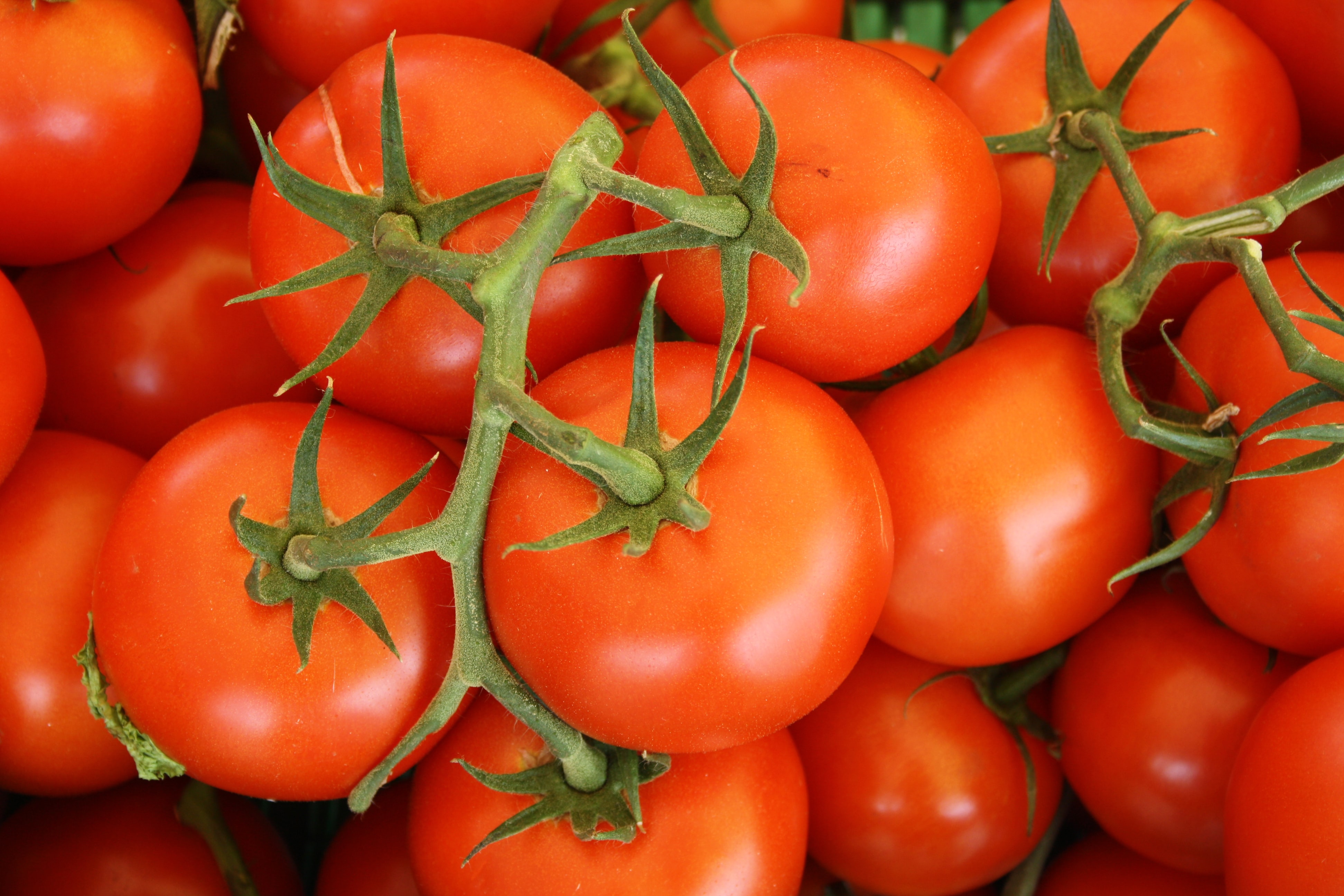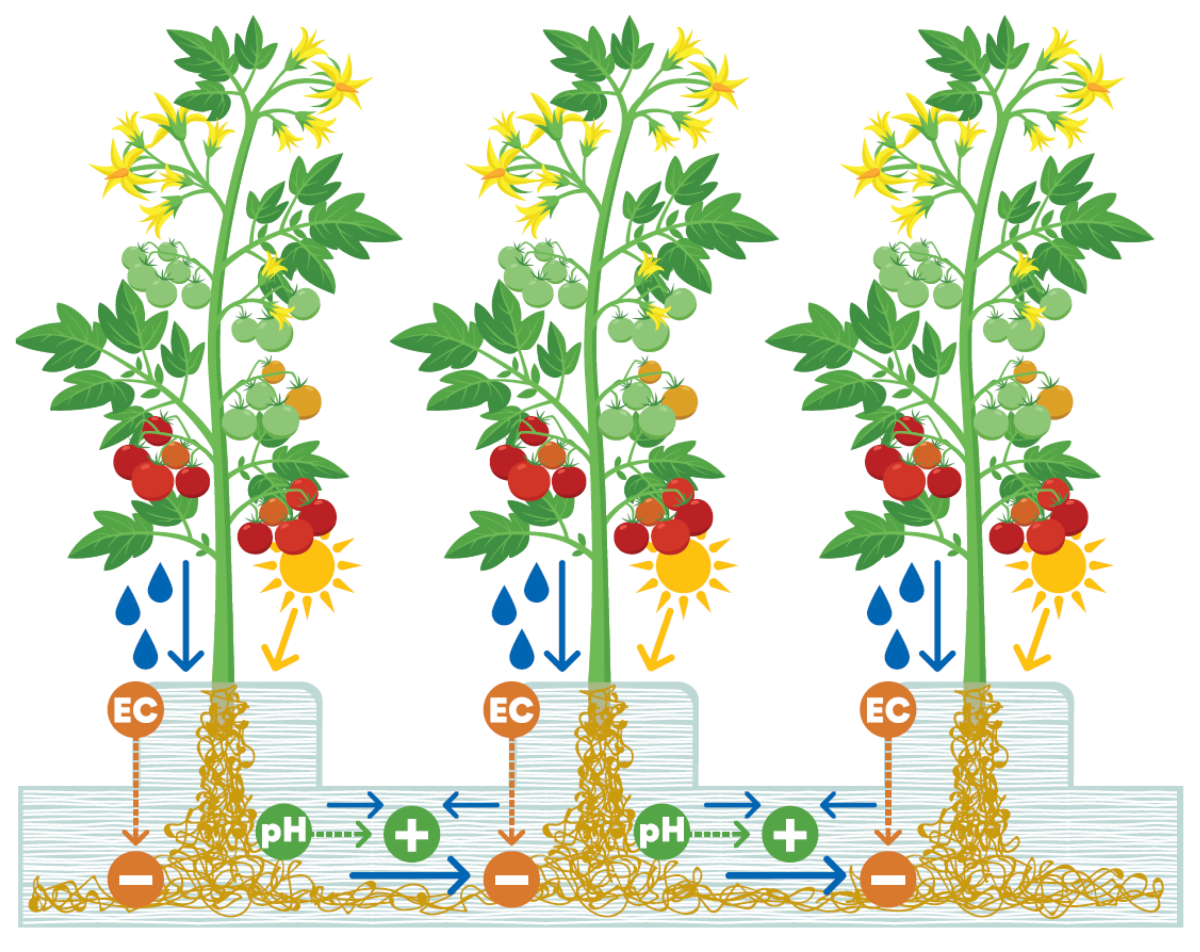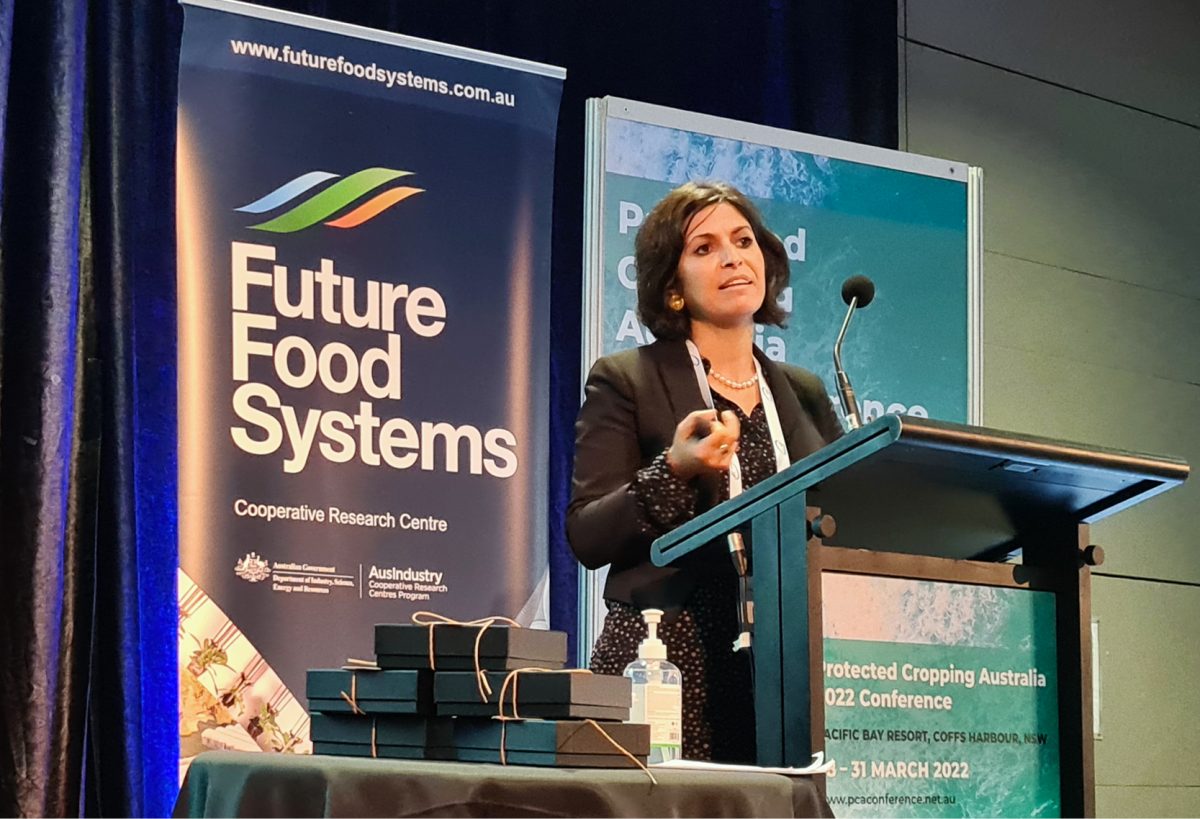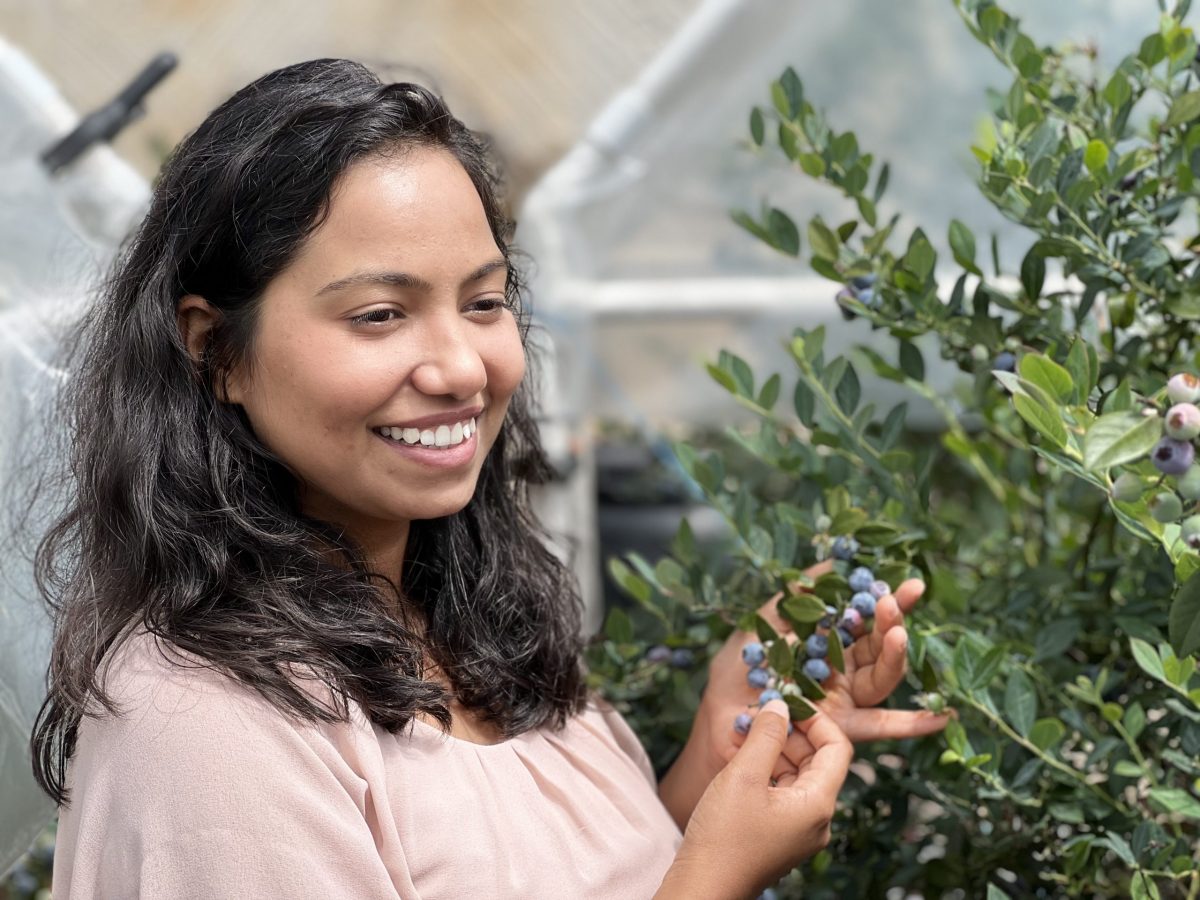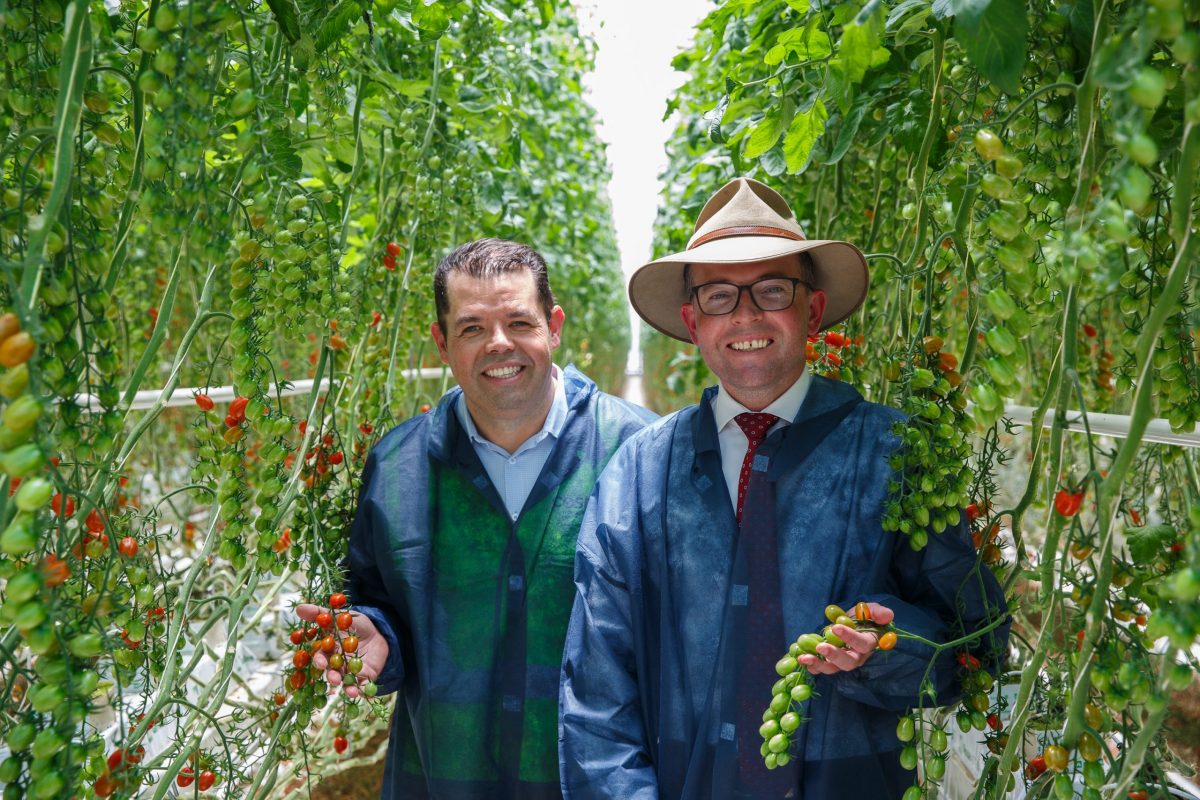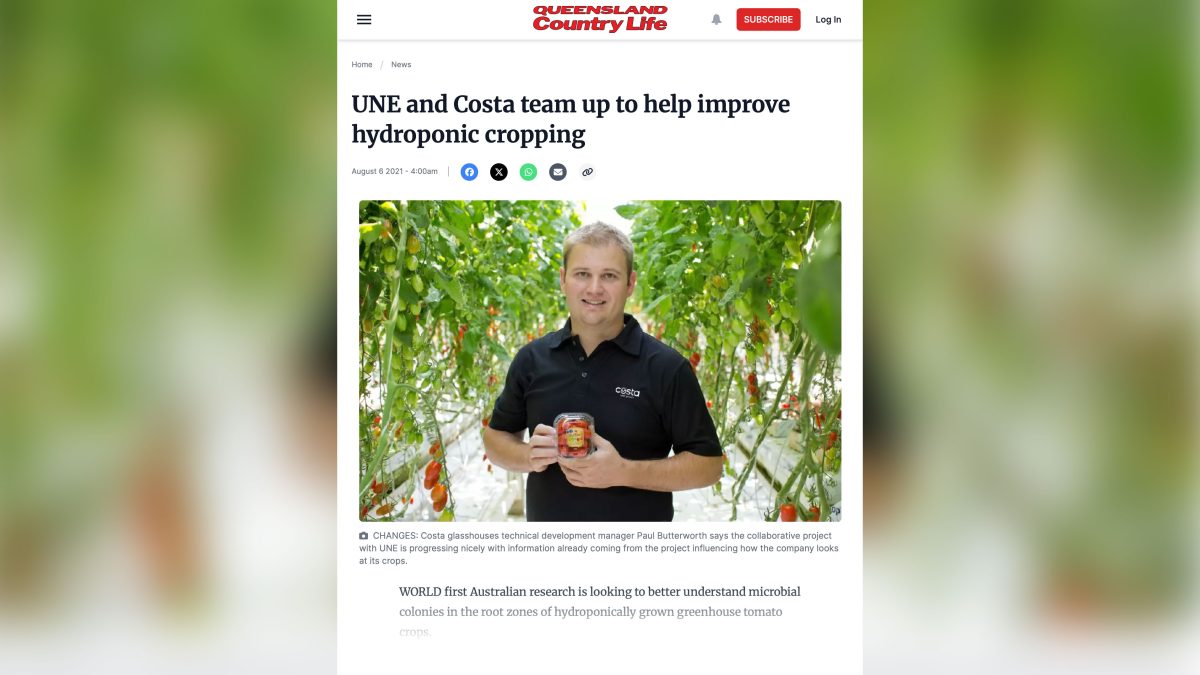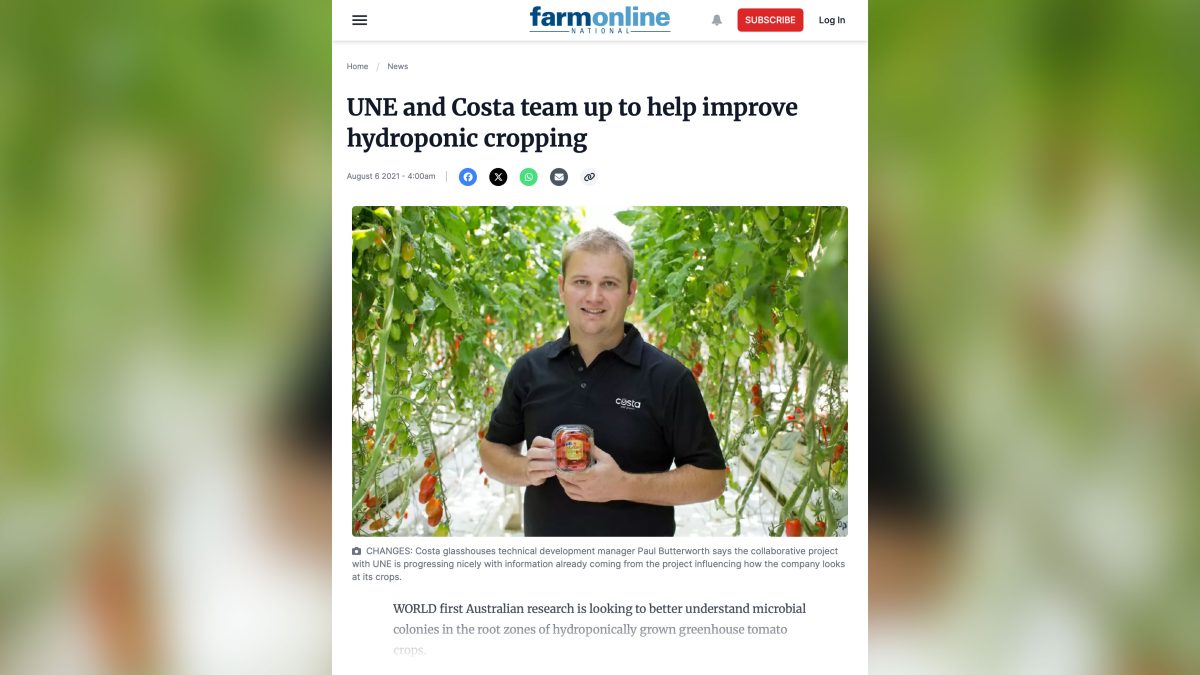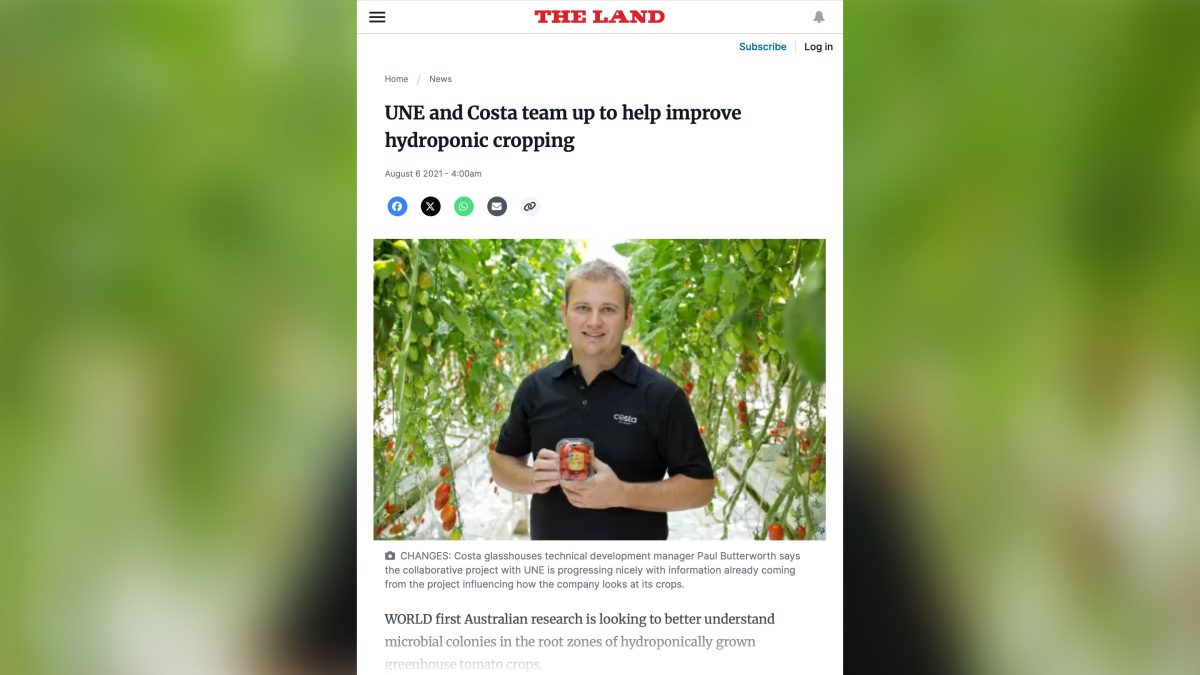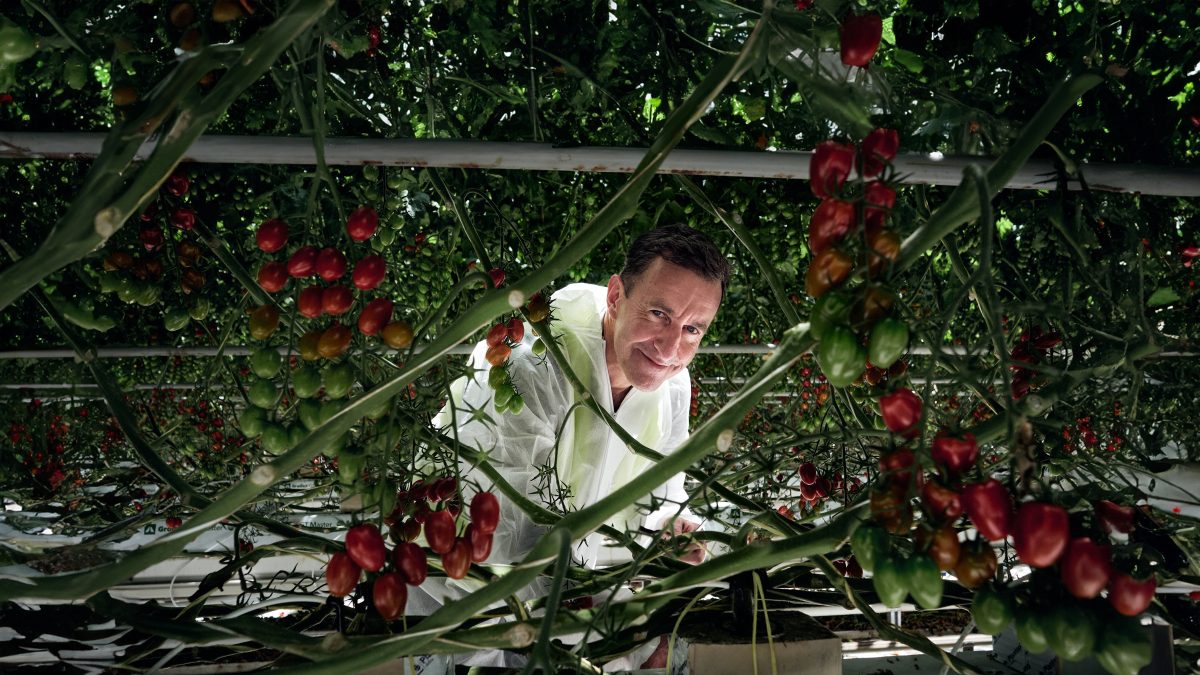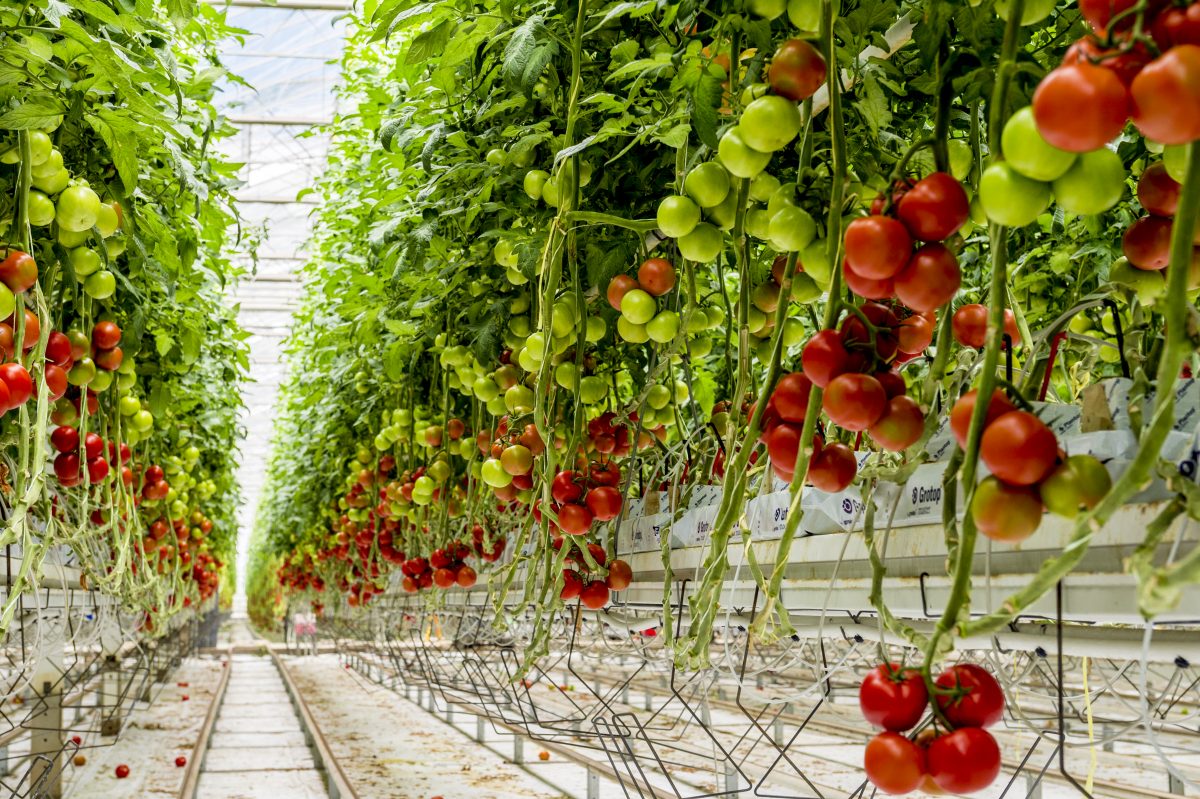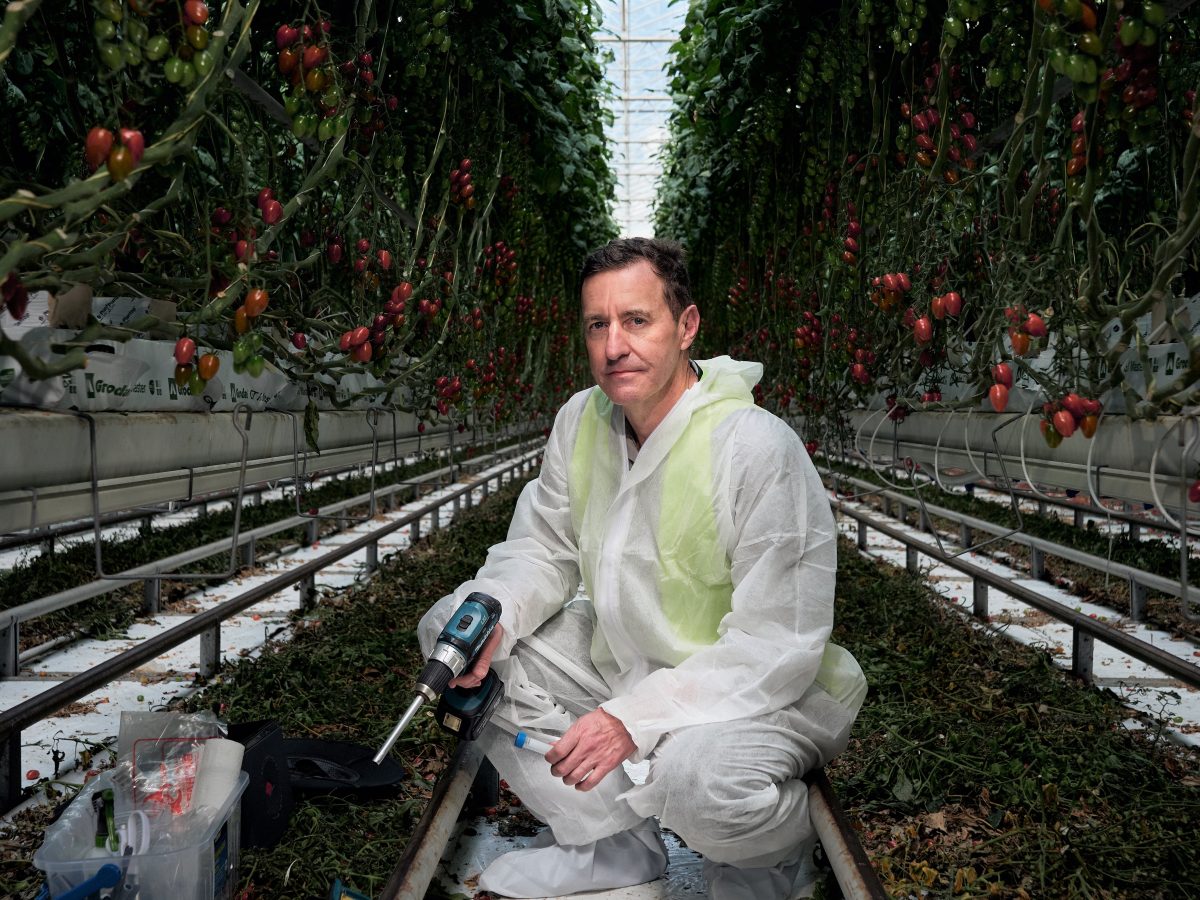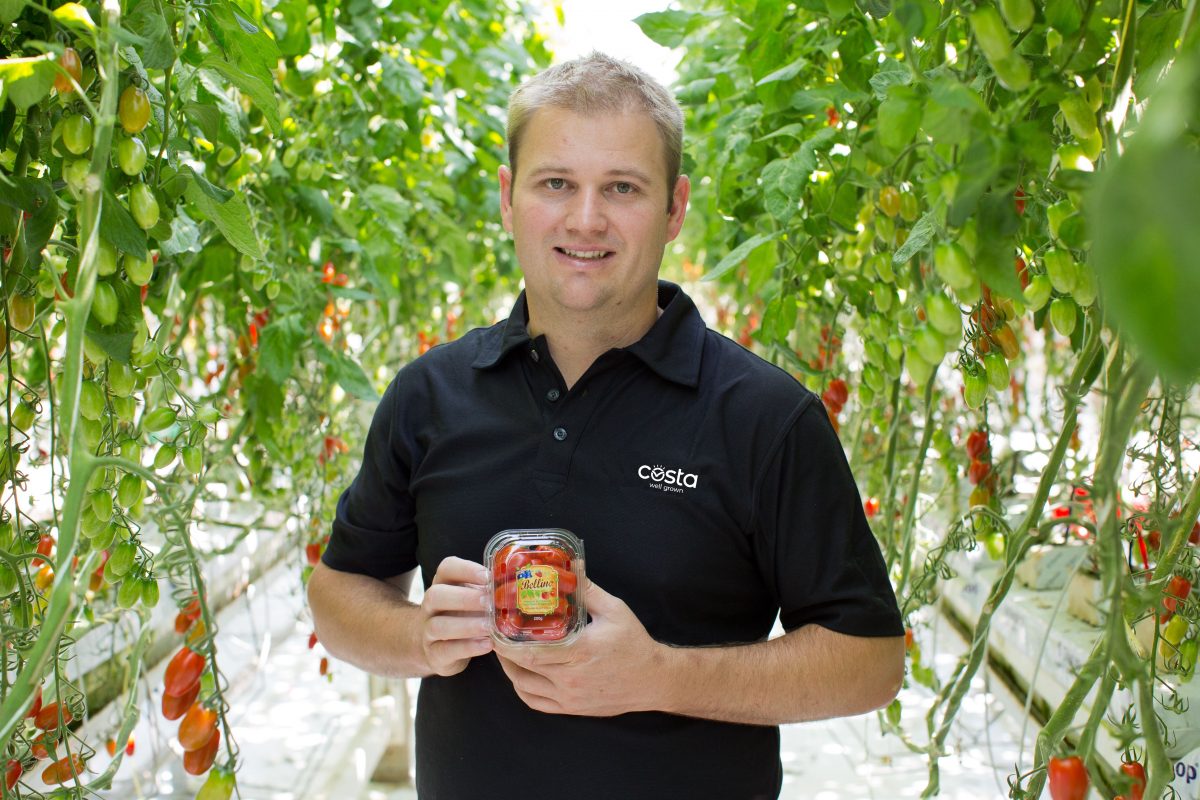Challenge Hydroponic glasshouse systems offer efficient, high-quality crop production, but they can also create ideal conditions for plant pathogens due to limited microbial diversity in soilless media. Without the natural defence mechanisms provided by soil microbiomes, crops can become more vulnerable to diseases caused by pathogens like Pythium, Fusarium, and Pseudomonas. Growers often apply bioinoculants like Trichoderma harzianum to reintroduce beneficial microbes, but the effects are inconsistent, and their value is frequently questioned by producers. Costa sought a scientific basis for evaluating probiotic effectiveness and improving root zone management.
Solution In collaboration with UNE researchers, Costa initiated a multi-stage project to characterise the native rhizobiome of hydroponic tomato crops and assess the impact of bioinoculants. The study combined field sampling, glasshouse trials, and molecular microbiology techniques to develop a reliable monitoring method for root microbial communities. Initial work established sampling protocols and identified microbial dynamics in response to probiotic treatments. Later stages integrated multi-omic data to identify potential biochemical markers of microbiome health and led to the development of a practical microbiome assay for real-time root zone monitoring.
Impact The project delivered a scientific framework for evaluating bioinoculants and laid the foundation for developing a microbiome test kit tailored to hydroponic systems. This innovation enables growers to make informed decisions about microbial management, with potential to enhance root health, crop resilience, and yield. Costa plans to implement the technology across its operations and explore partnerships with microbiome product developers, with future expansion to broader agricultural applications.


